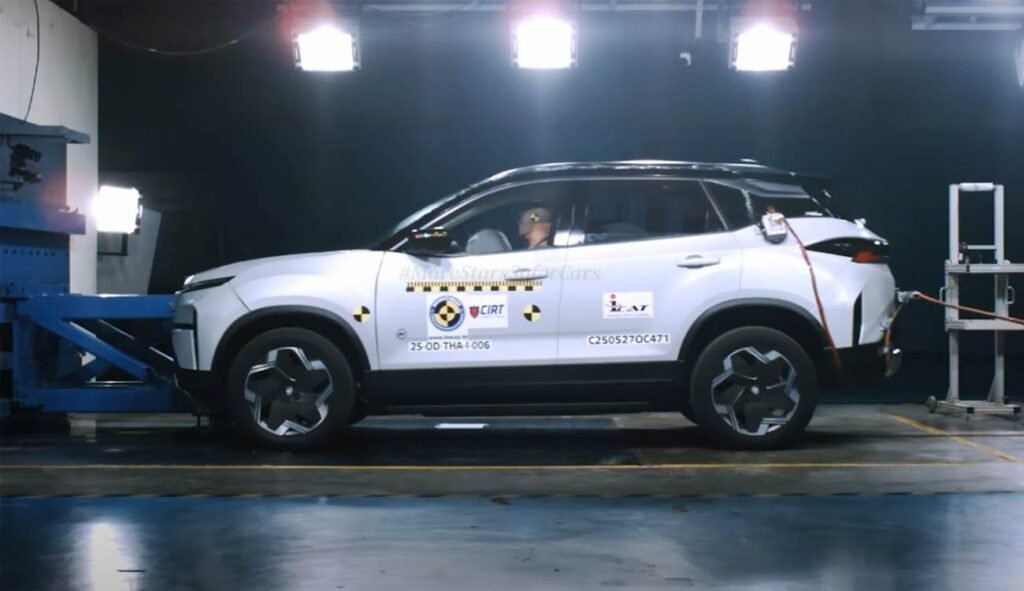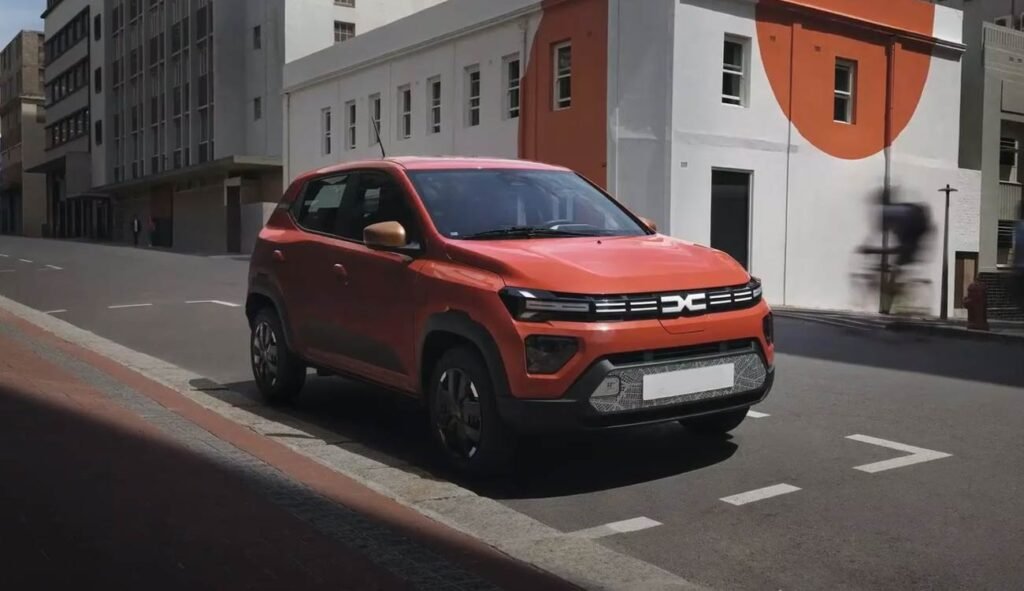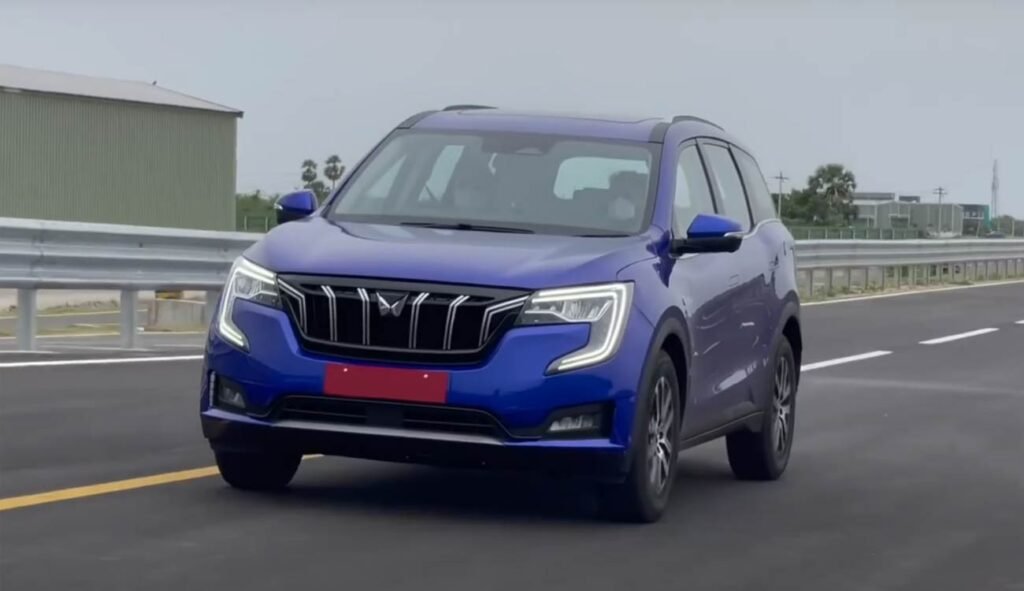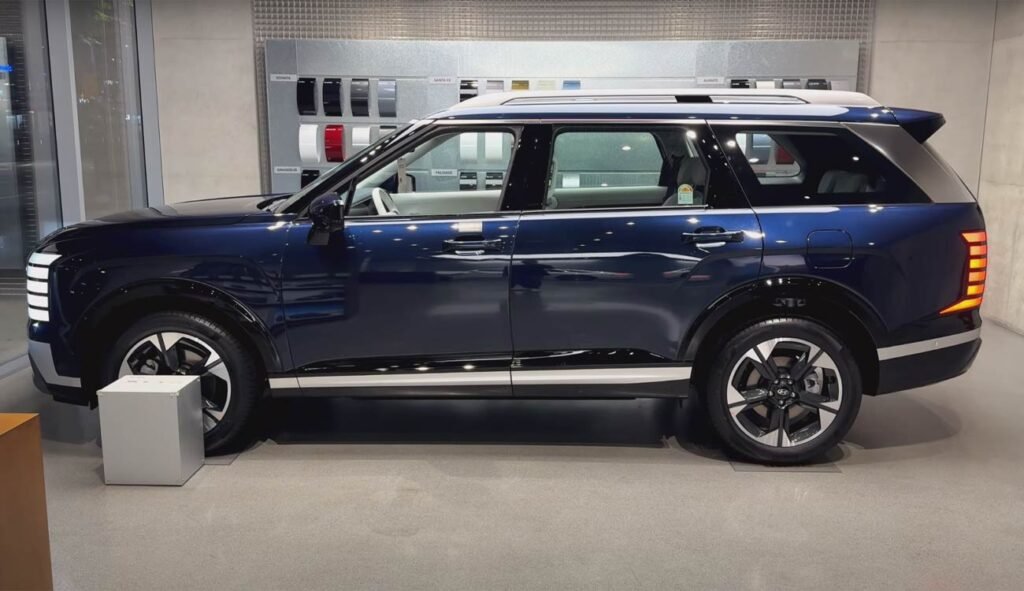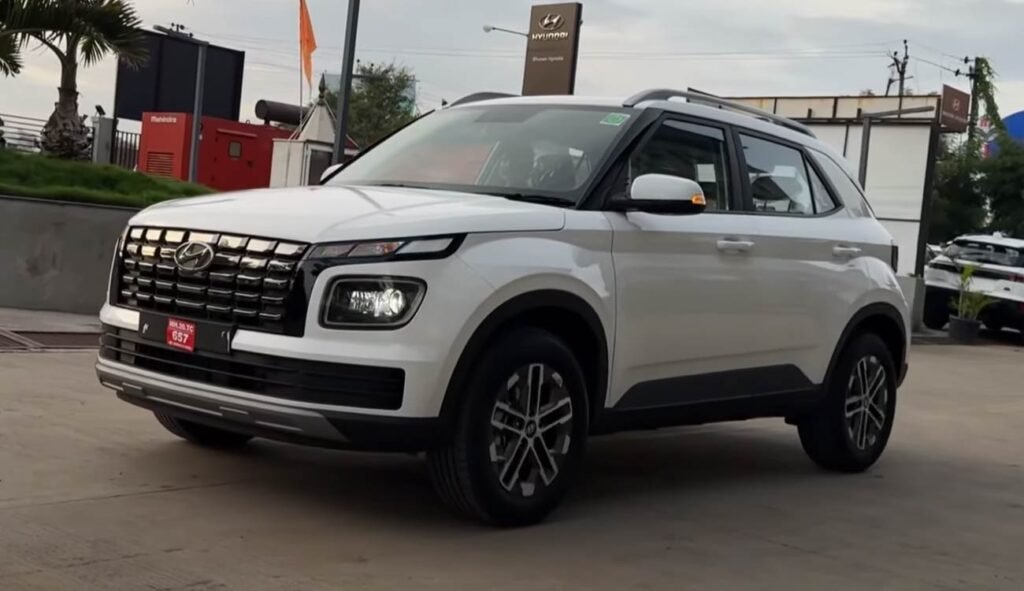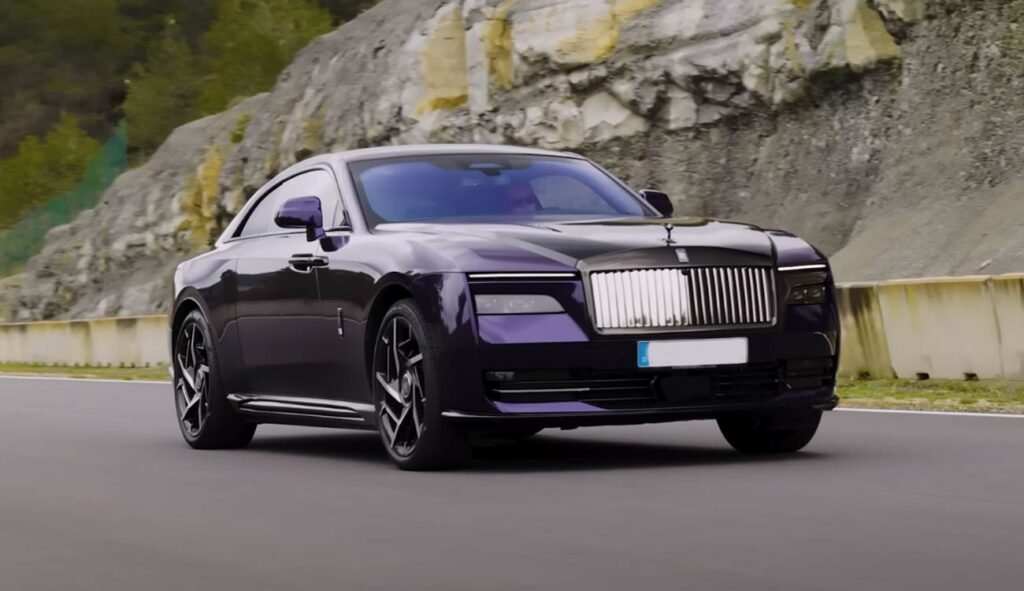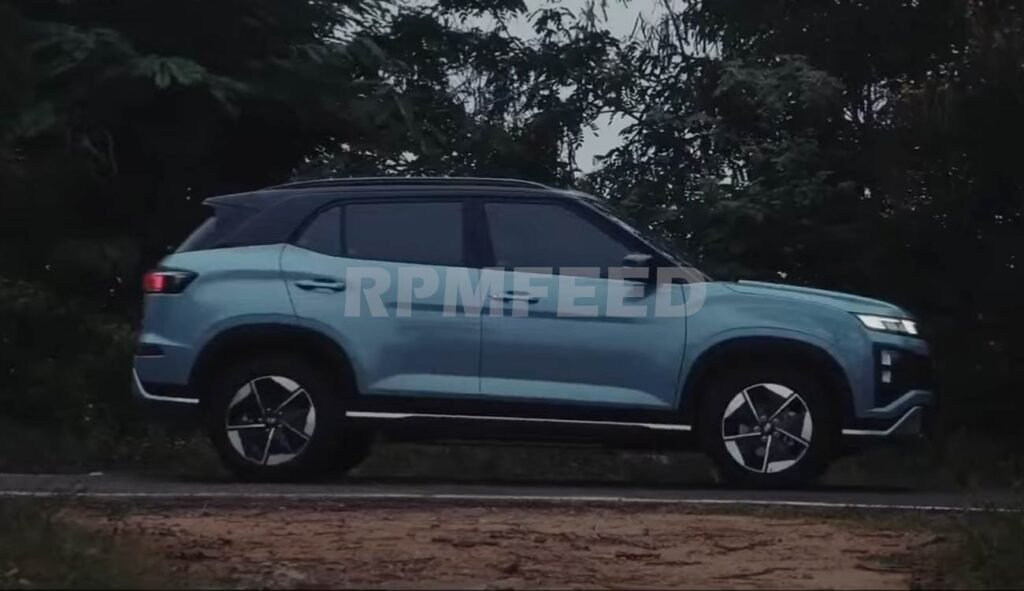A surprising sighting of the Xiaomi SU7 Ultra prototype at Ferrari’s headquarters in Maranello has sparked speculation about what’s brewing in Ferrari’s world-renowned engineering labs. With Ferrari’s first electric vehicle (EV) slated for a 2028 release, many are asking whether the visit of one of the fastest production EVs is a sign of strategic benchmarking.
Ferrari, known for its meticulous perfection and unparalleled engineering, has delayed the launch of its first EV, citing a lack of customer demand for electric hypercars at this stage. However, this delay presents a significant opportunity for Ferrari to refine its EV offering and ensure it meets the brand’s legendary performance standards.
Why the Xiaomi SU7 Ultra?
The Xiaomi SU7 Ultra isn’t your average EV. Recently making headlines after setting a blistering Nürburgring lap time of 6 minutes and 22 seconds, it holds the title of the fastest production EV. It features a groundbreaking tri-motor system capable of producing an extraordinary 1,548 horsepower, propelling the car from 0-62 mph in a mere 1.98 seconds, with a top speed of 223 mph. What’s more, it showcases advanced thermal management systems, ensuring sustained high performance during intense, high-speed driving.
Given these credentials, it’s no surprise that Ferrari might be interested in dissecting such a benchmark-setting model as they work toward their first all-electric car. Advanced features, like the SU7’s innovative thermal management system, are critical for crafting EVs that meet Ferrari’s uncompromising standards of speed, power, and reliability.
What This Could Mean for Ferrari’s First EV

While Ferrari remains tight-lipped about the details of its upcoming electric car, insiders expect it to boast jaw-dropping stats to rival or even surpass the performance benchmarks set by vehicles like the SU7 Ultra. However, Ferrari’s emphasis will likely extend far beyond raw numbers. Delivering an electric car that embodies the “soul” of Ferrari’s celebrated V8s and V12s will require cutting-edge innovation. If there’s any company capable of mastering this challenge, it’s Ferrari.
The delay until 2028 gives the team at Maranello plenty of time to fine-tune the engineering, carefully study emerging EV advancements, and, most importantly, live up to the heavy expectations of aficionados across the globe.
Why This Matters for the EV Market
The spotting of this collaboration (or investigation) hints at an exciting new stage for high-performance EVs. Ferrari’s exploration of products like the Xiaomi SU7 Ultra showcases the increasing intersection of ultra-luxury automakers and tech-forward EV creators. It also shows Ferrari’s serious approach toward entering the EV market with a product likely to redefine boundaries in the luxury-performance sector.
The anticipation surrounding Ferrari’s EV debut will undoubtedly build as the years progress, particularly because models like the SU7 Ultra are setting an extremely high standard for any entrants into this prestigious segment.

